The 2023 Match is quickly nearing its end, which means the 2024 Residency Match season is just around the corner. If you’re preparing for the 2024 Residency Match, it’s important to begin preparing as soon as possible. Below, we take a look at three things you can do in 2023 to help you stand out in next year’s Match season.
1) Stay Involved with Medicine
For many students planning to apply to the 2024 Residency Match, medical school graduation will come about three months before the Match opens. While rest is well-deserved, staying involved with medicine in any capacity during this window will help show residency directors your commitment to the field.
The summer months are a great opportunity to stay involved with medicine by participating in additional clinical experiences. One particular experience type may even improve your Match odds: research.
Now that USMLE Step 1 has moved to pass/fail, trainees are no longer able to rely on their scores to stand out on their residency applications. This has left trainees searching for new ways to supplement their test scores, and research experience has proven to be a popular choice.
Research experience not only gives you additional clinical experience ahead of the 2024 Residency Match, but it also provides opportunities for publication. Should the work you do during your research experience become published, you will be able to show residency directors more than just staying involved with medicine–you will be able to show your contributions to medicine.
Learn more about research-based clinical experiences here.
2) Build Your 2024 Residency Match Application Throughout the Year
The National Residency Match Program registration period does not open until mid-September. However, the preparation process is (or should be) ongoing.
Instead of waiting until the registration period opens to begin collecting and finalizing your application materials, developing and building your application materials gradually throughout the year will allow you to give them more attention and produce stronger work.
This can mean updating your resume or C.V. after each new professional development opportunity or writing your personal statement months in advance and editing it weekly or monthly. The more time you dedicate to your application materials the more refined they will be.
Why is this important?
Of course, producing strong application materials is important. However, so is applying early. According to the NRMP, a majority of interview invites are sent by the end of October. This leaves just six weeks from registration opening until most interviews are scheduled.
Building your application materials throughout the year helps create a strong application, but it also ensures you are able to submit your application early and snag one of those interview invites.
3) Register for SOAP
No matter how strong your application materials are or how smoothly your interviews go, it is always a good idea to prepare a backup plan. For applicants to certain specialties, SOAP is a chance for those who don’t match a second chance to match into unfilled residency spots.
While there are no major steps to take throughout the year, registering for SOAP requires some additional preparation. You must also be registered for both the ERAS and the NRMP. Planning to partake in SOAP early in the year gives you the most time to prepare additional materials and ensure you have met all the other criteria before rushing to do so in the Fall.
Learn more about SOAP and the process here.
Have questions about preparing for the 2024 Residency Match? Email an AMO Advisor at advisors@amopportunities.org


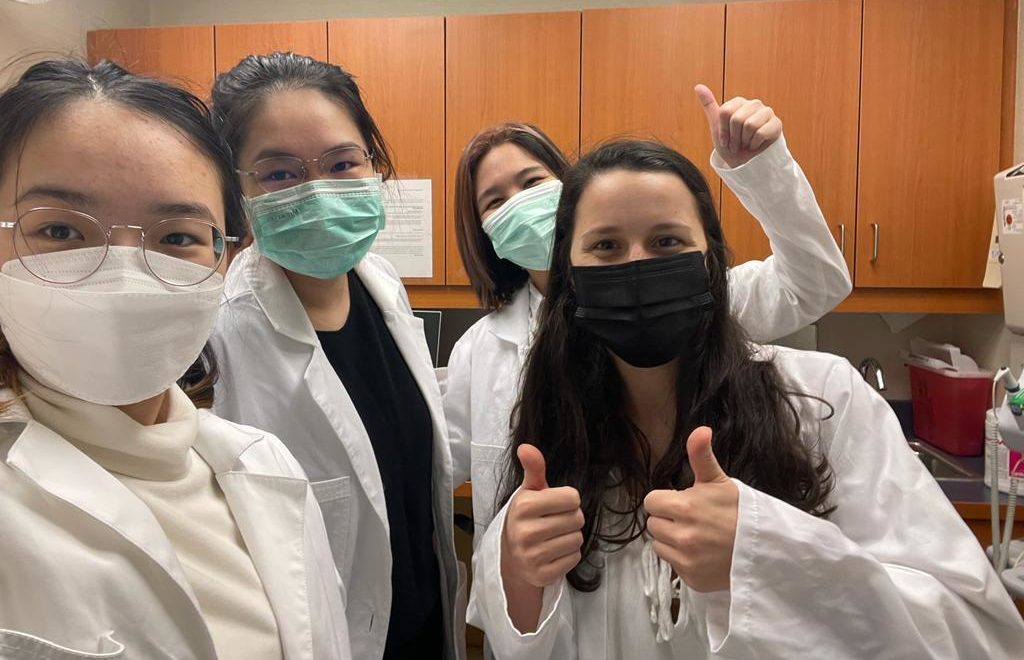
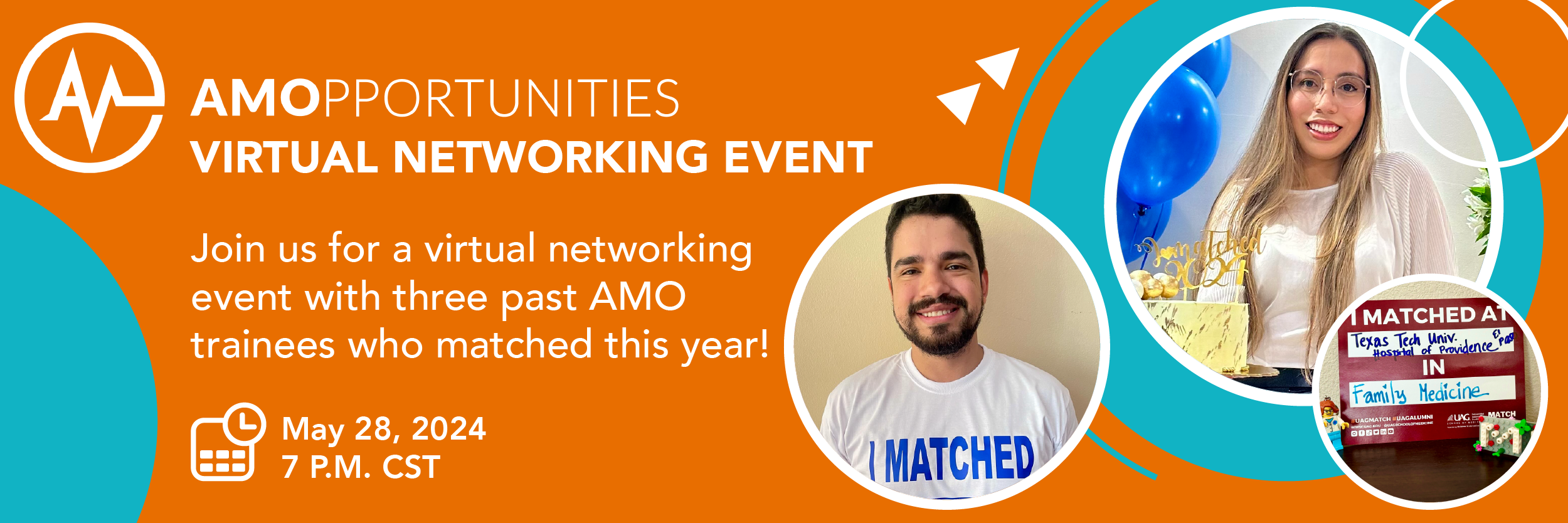
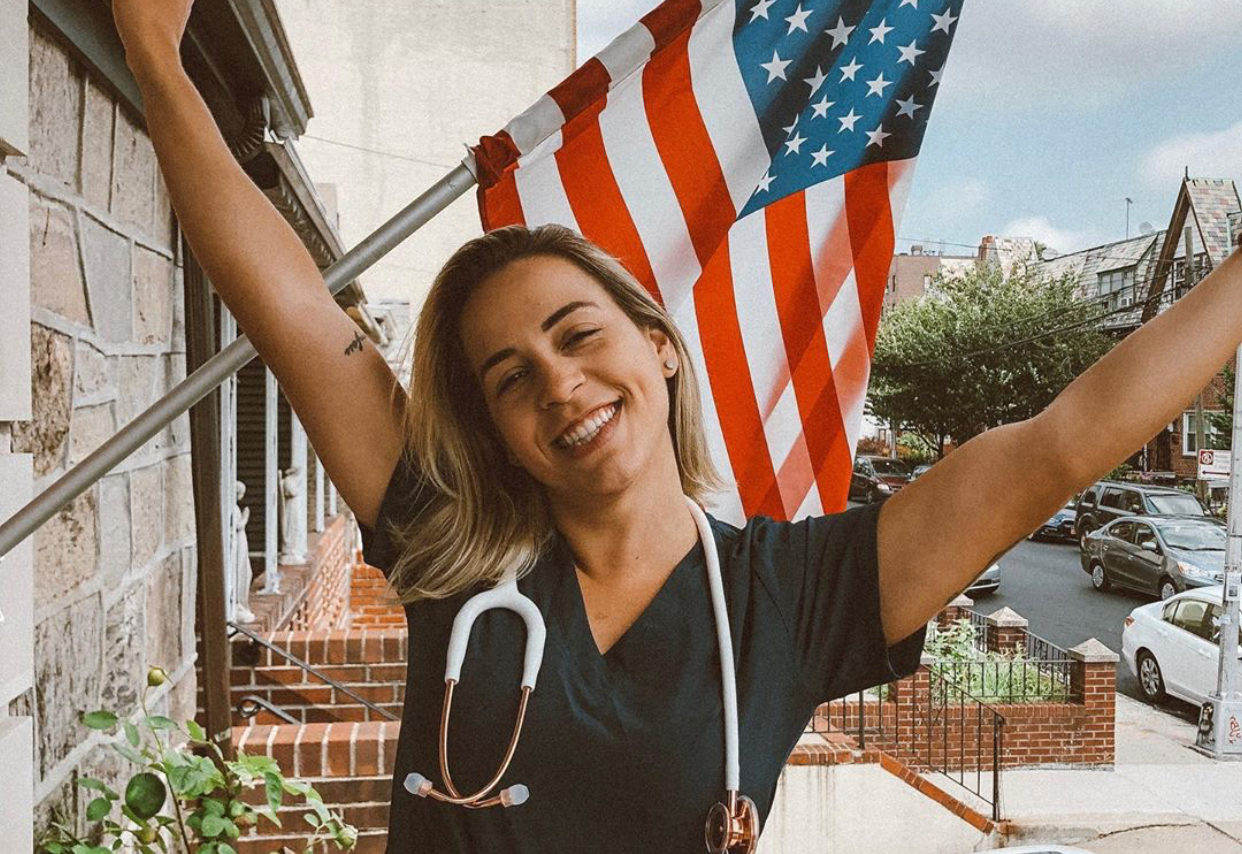
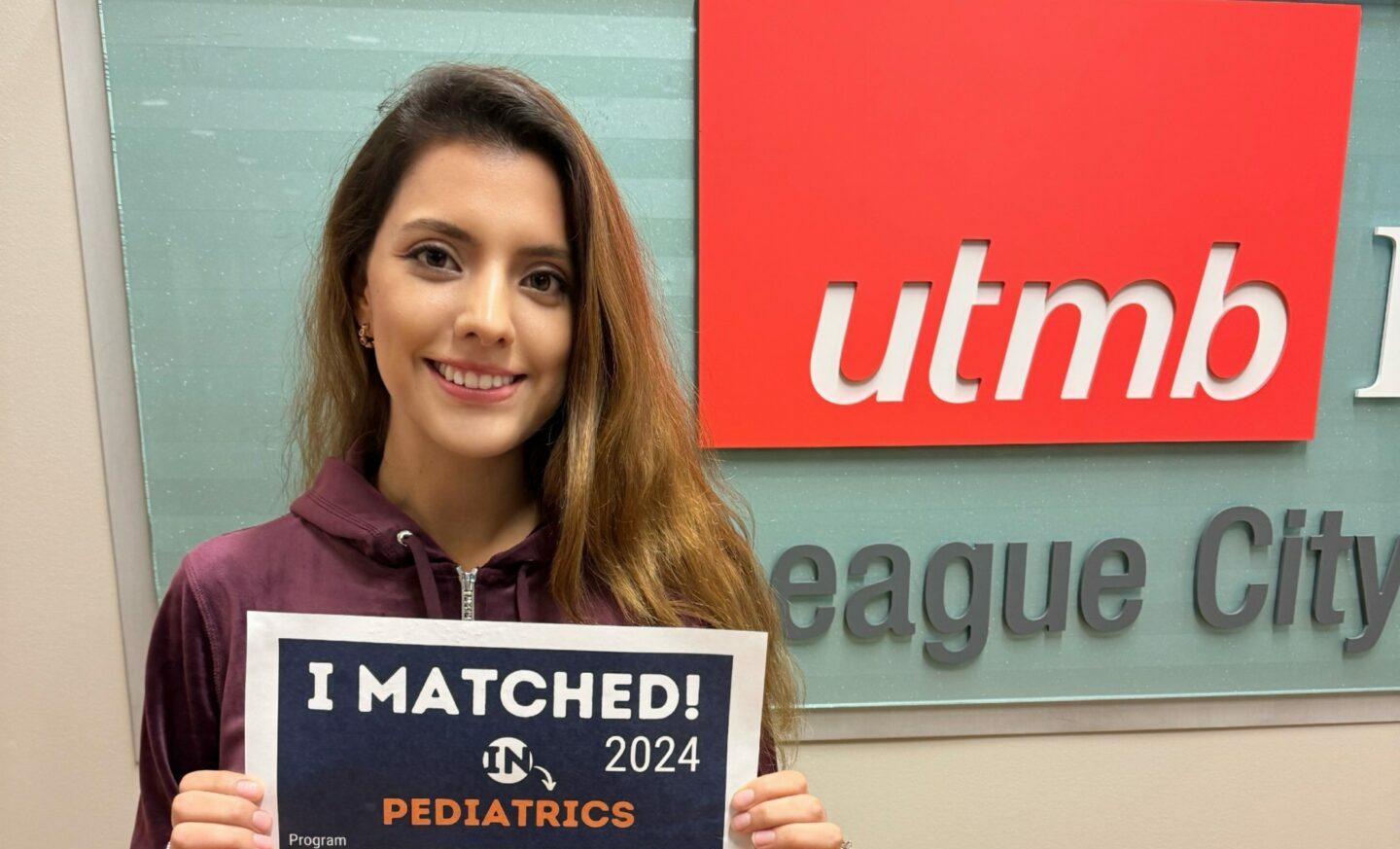
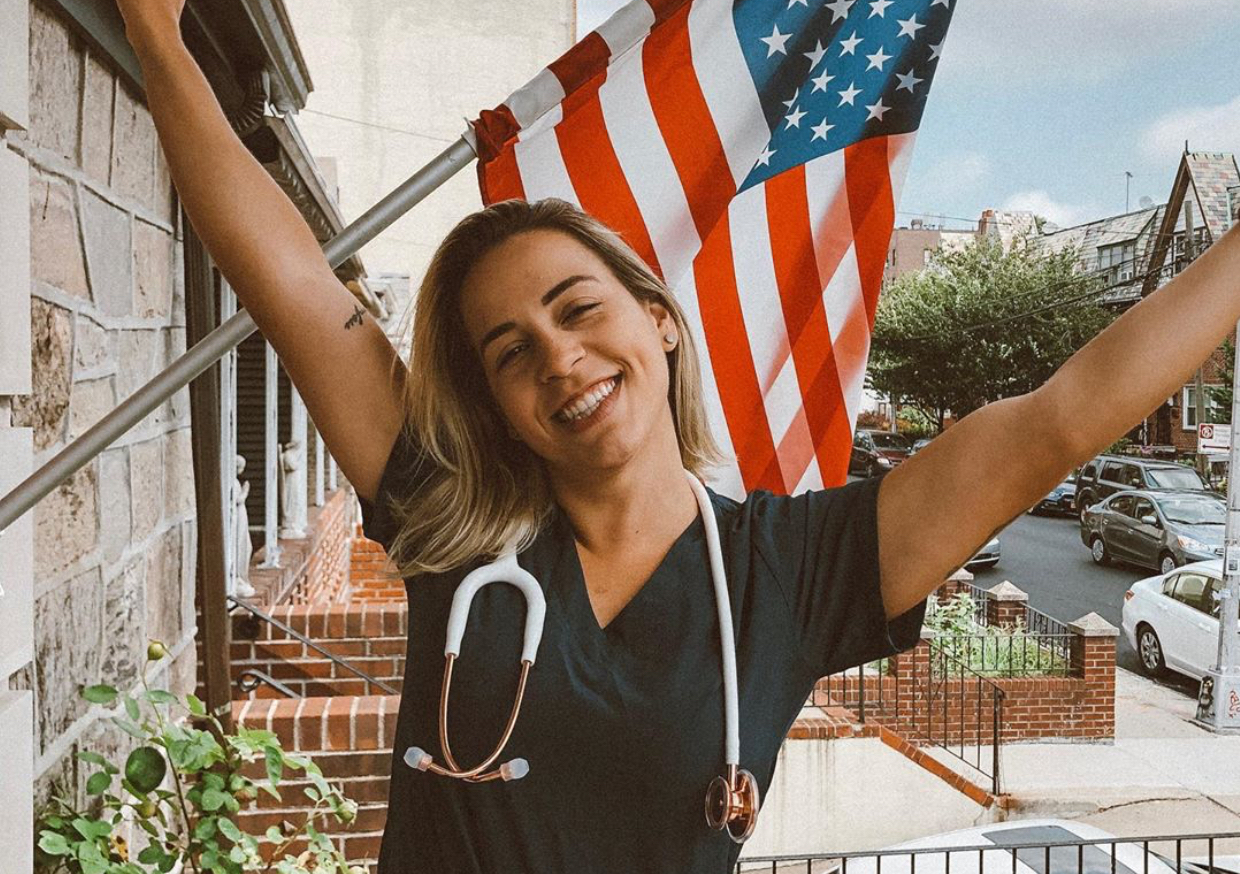
Leave A Comment